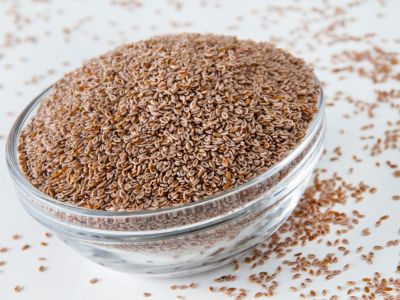Psyllium Plant Information
Desert Indianwheat plants (Plantago ovata) are annuals that grow wild, like weeds. They are also cultivated in Spain, France, and India. The leaves are used much like spinach, either raw or steamed. The mucilaginous seeds are also used to thicken ice cream and chocolate or sprouted as part of a salad. The plants are low growing, 12 to 18 inches (30.5-45.5 cm.) tall, herbaceous, and have a white flower spike. A profitable bit of Pysllium plant information for the pharmaceutical industry is that each plant can produce up to 15,000 seeds. Since these are the cash cow of the plant, this is good news, as is the fact that the plant is easy to grow.
Can You Grow Psyllium Plants?
Indianwheat plants are considered a weed for nothing. These plants grow in any soil, even compacted areas. In cooler regions, start seeds indoors, six to eight weeks before the last expected frost. In warm regions without freezing temperatures, begin outside when night temperatures warm up to at least 60 degrees F. (18 C.). Sow the seed ¼ inch (6 mm.) deep and keep the flat lightly moist. Place the flat in full sun or on a heat mat to facilitate germination. Harden off indoor seedlings when temperatures are warm, and no freezing is expected, and plant in a prepared garden bed in full sun.
Psyllium Plant Uses
Psyllium is used in many common laxatives. It is gentle and highly effective. The seeds contain high levels of fiber and are very mucilaginous. Along with plenty of water, the seeds can be a useful addition to some diets. There are several other medicinal applications under study, such as the ability to assist in diabetic diets and lower cholesterol. In addition to the Psyllium plant uses in food listed above, the plant has been used as a clothing starch. The seeds are also being studied to use as an agent that helps retain water in newly seeded lawns and as a transplant assistant for woody plants. Psyllium has been used successfully for centuries by many cultures and medical practitioners. That said, it is always a good idea to consult your doctor before attempting to self-medicate, even with natural time-honored herbs. Disclaimer: The content of this article is for educational and gardening purposes only. Before using ANY herb or plant for medicinal purposes, please consult a physician or a medical herbalist for advice.
